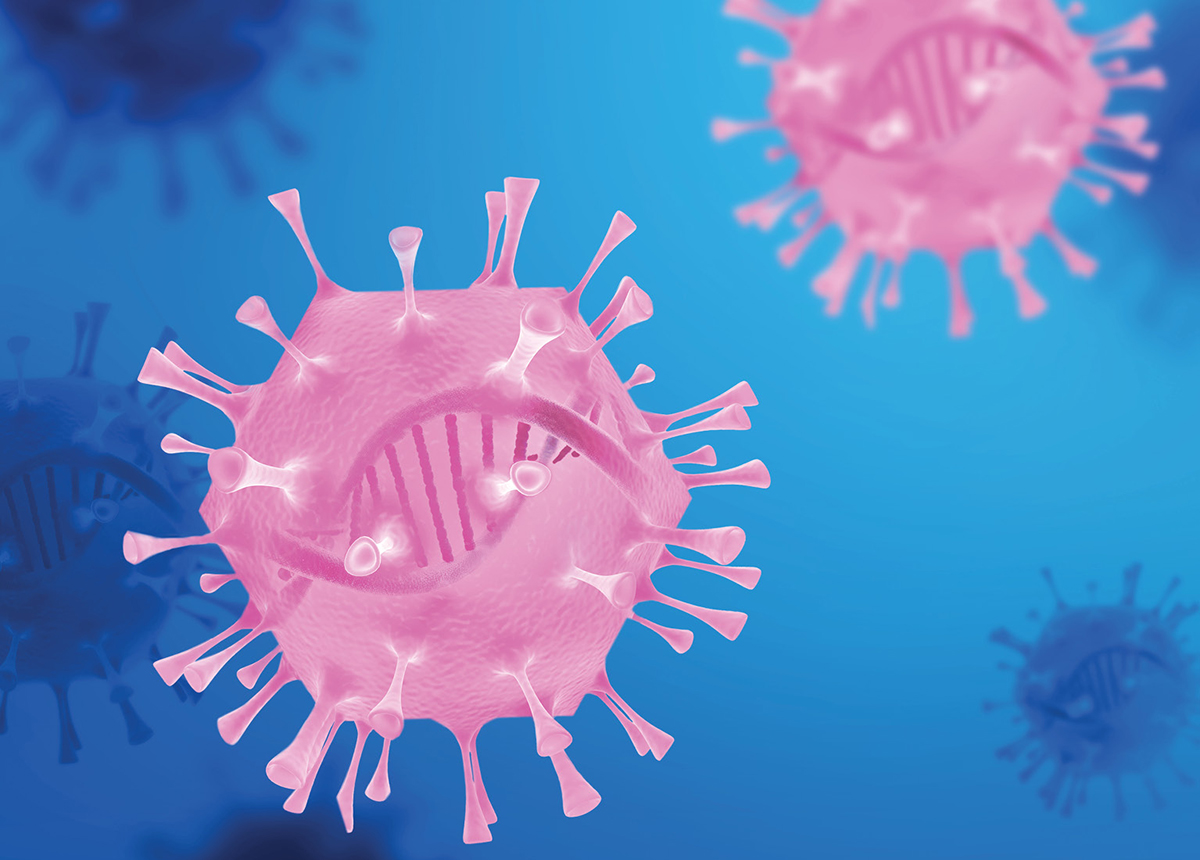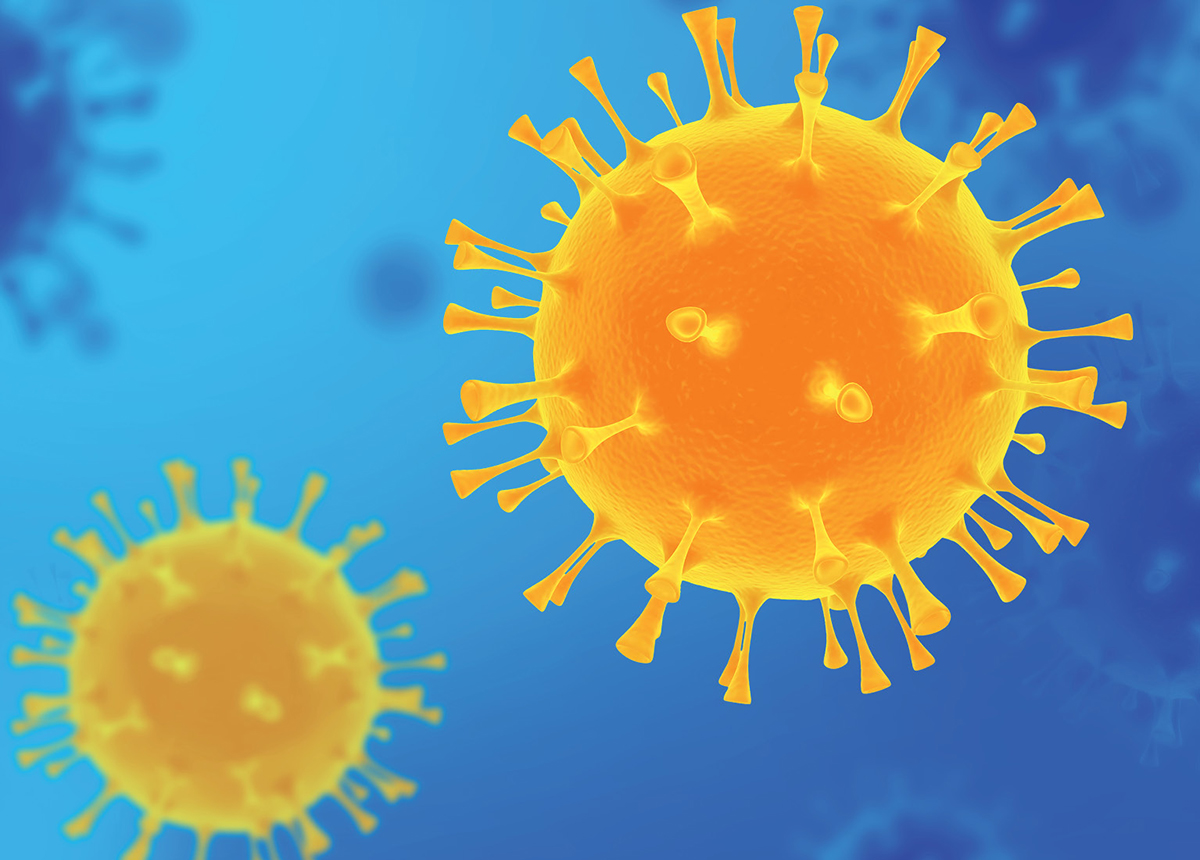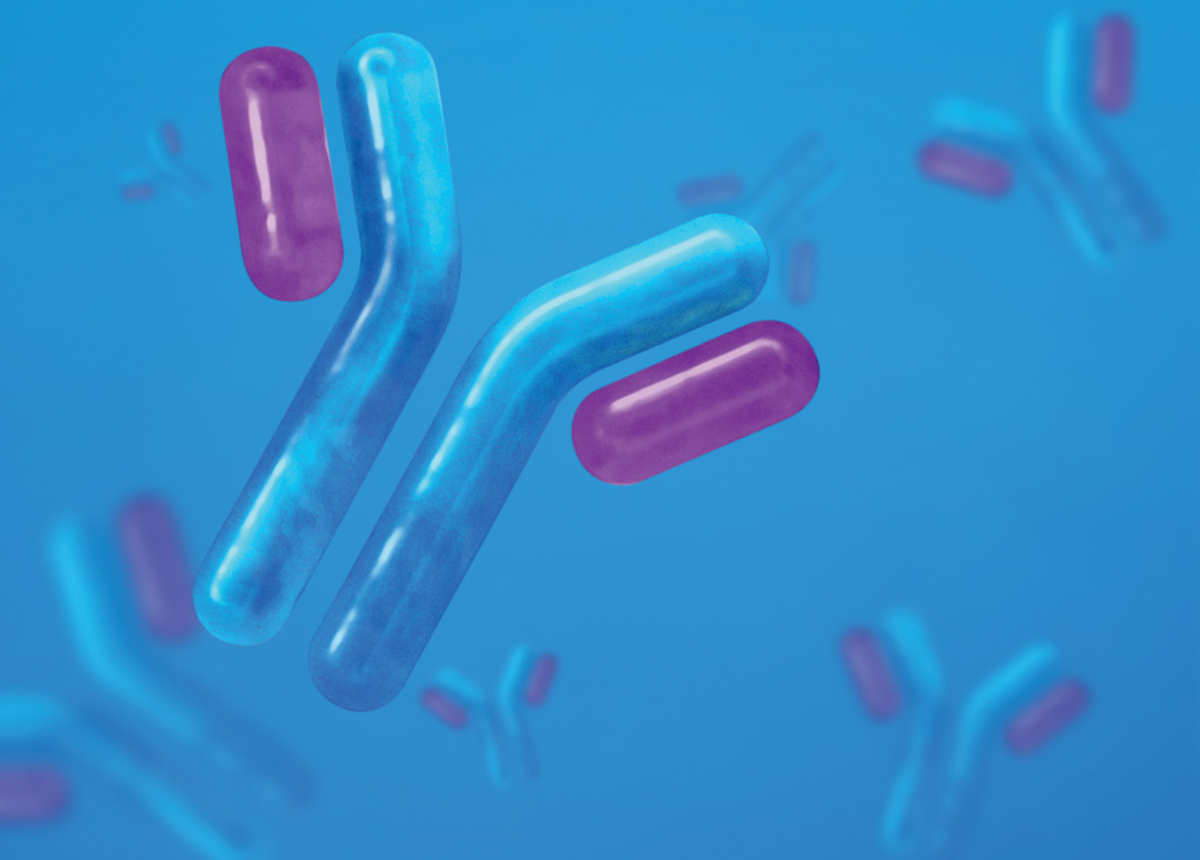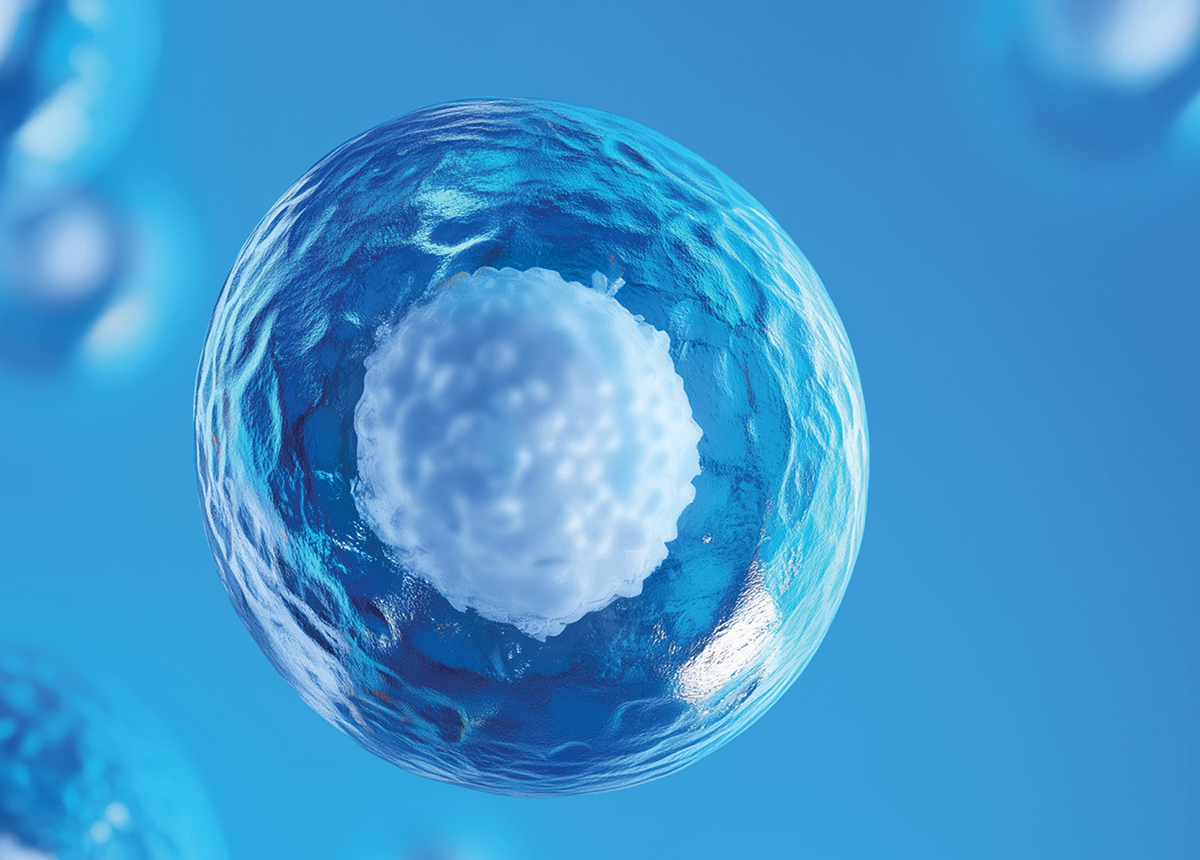The evolution of biologics development and production
The biologics manufacturing industry has undergone significant transformation in recent decades, with continuous advancements in technology and methodology driving more efficient biologics production processes. As the demand for biologic therapies continues to grow globally, biologics CDMOs (Contract Development and Manufacturing Organizations) play an increasingly vital role in supporting pharmaceutical companies to bring these complex therapies to market.
The landscape of biologics has expanded dramatically from the first generation of recombinant proteins to today’s diverse portfolio including monoclonal antibodies, vaccines, gene therapies, and cell-based products. This evolution has necessitated parallel advancements in manufacturing technologies and processes to ensure consistent quality, safety, and efficacy while managing production costs.
Unlike traditional small molecule drugs, biologics are produced using living cells and require sophisticated bioprocessing techniques. The complexity of these large, intricate molecules demands specialized expertise and facilities, creating unique challenges throughout the development and manufacturing pipeline. This complexity has driven the rise of specialized CDMOs that offer end-to-end solutions for biologics developers seeking to navigate the intricate path from concept to commercial production.
Optimizing the biologics production process
One of the most critical aspects of biologics manufacturing is the optimization of cell culture conditions. The biologics development pathway requires careful attention to every component used in production, as even minor variations can significantly impact product quality and yield.
The biomanufacturing process typically involves several distinct phases, each requiring precise control and optimization:
- Cell line development: Selecting and engineering cell lines that can efficiently produce the target biologic with consistent quality attributes
- Upstream processing: Cultivating cells under controlled conditions to maximize production
- Downstream processing: Purifying the biologic product from cellular components and impurities
- Formulation: Creating stable preparations suitable for administration to patients
Each of these steps presents unique challenges that must be addressed to ensure successful biologics manufacturing. For instance, upstream processing requires careful optimization of media composition, feeding strategies, and environmental parameters to maximize cell growth and productivity. Downstream processing must efficiently remove impurities while preserving the structural integrity and biological activity of the target molecule.
Recombinant Insulin: The key ingredient for process improvement
Recombinant Insulin has become widely adopted in cell culture media formulations across the biologics manufacturing sector. This critical component serves as a growth factor that enhances cell proliferation and productivity, directly contributing to biologics manufacturing process improvement. By incorporating high-quality Recombinant Insulin into cell culture media, manufacturers can achieve:
- Enhanced cell growth rates
- Improved protein expression
- Greater batch-to-batch consistency
- Higher product yields
- Reduced production costs
The role of insulin in stem cell culture extends beyond simple growth promotion. It functions as a key signaling molecule that regulates numerous cellular processes including glucose uptake, protein synthesis, and cell metabolism. In mammalian cell culture systems commonly used for biologics production, insulin helps maintain optimal cellular function by:
- Activating insulin and IGF-1 receptors on cell surfaces
- Promoting glucose transport into cells via GLUT transporters
- Stimulating glycolysis and energy production
- Enhancing amino acid uptake and protein synthesis
- Supporting cell survival by suppressing apoptotic mechanisms
These multifaceted effects make Recombinant Insulin an indispensable component in modern cell culture media formulations, particularly for the production of complex biologics that require robust and consistent cellular performance.
Recombinant Insulin applications
Strengthening the biologics supply chain
The biologics supply chain represents a complex network of suppliers, manufacturers, and distributors working in concert to deliver life-saving therapies to patients. Partnering with world-leading suppliers of Recombinant Insulin provides biopharma companies and biologics CDMOs with several strategic advantages:
- Reliability: Consistent access to high-quality raw materials
- Regulatory compliance: Materials produced under stringent quality standards
- Scalability: Ability to meet increasing production demands
- Risk mitigation: Reduced vulnerability to supply disruptions
By securing dependable sources of premium Recombinant Insulin, biologics manufacturers can maintain uninterrupted production schedules, ensuring continuous supply of critical medications to patients worldwide.
The COVID-19 pandemic highlighted the vulnerability of global supply chains, including those for biologics manufacturing. This has prompted many organizations to reevaluate their supply chain strategies, with increased focus on:
- Diversifying supplier networks to reduce geographic concentration risks
- Building strategic inventory reserves of critical raw materials
- Developing closer partnerships with key suppliers
- Implementing advanced supply chain monitoring and management systems
- Exploring local sourcing options where feasible
These strategies help ensure resilience against future disruptions while maintaining the high quality standards essential for biologics production.
Addressing key challenges in biologics manufacturing
Biologics manufacturers face numerous challenges throughout the production process that must be carefully managed to ensure success:
Scale-up complexities
Transitioning from laboratory-scale to commercial production volumes presents significant challenges. Cell culture processes that work well in small bioreactors may behave differently at larger scales due to changes in mixing dynamics, oxygen transfer, and nutrient distribution. Careful process development and scale-up strategies are essential to maintain product quality and yield across different production scales.
Regulatory compliance
Biologics are subject to stringent regulatory requirements that govern every aspect of their development and production. Manufacturers must implement robust quality systems and documentation practices to demonstrate compliance with Good Manufacturing Practices (GMP) and other applicable regulations. This includes comprehensive characterization of raw materials, including recombinant insulin used in cell culture media.
Process variability
Controlling variability is a central challenge in biologics manufacturing. Since living cells are used as production systems, numerous factors can influence their behavior and the resulting product quality. Advanced process analytical technologies (PAT) and quality by design (QbD) approaches help manufacturers understand and control these variables to ensure consistent product quality.
Cost pressures
The high cost of biologics manufacturing contributes significantly to the overall expense of these therapies. Optimizing cell culture processes through the use of high-quality components like recombinant insulin can improve productivity and reduce costs, making these life-saving treatments more accessible to patients worldwide.
The future of biologics development
As biologics manufacturing continues to evolve, the integration of advanced cell culture components like Recombinant Insulin will remain central to process optimization strategies. Forward-thinking biologics CDMOs are increasingly investing in partnerships with leading suppliers to secure their biologics supply chains and enhance their competitive position in this rapidly growing market.
Several emerging trends are shaping the future of biologics manufacturing:
Continuous processing
Moving away from traditional batch processing toward continuous manufacturing promises to increase efficiency, reduce facility footprints, and improve product consistency. Continuous upstream processes require carefully optimized media formulations that can support extended cell culture operations while maintaining cellular productivity.
Single-use technologies
The adoption of single-use bioreactors and processing equipment continues to accelerate, offering advantages in flexibility, reduced cross-contamination risk, and faster facility turnover. These systems rely heavily on optimized media formulations to achieve maximum performance.
Advanced analytics and automation
Integration of sophisticated analytics, artificial intelligence, and automation is transforming biologics manufacturing by enabling real-time process monitoring and control. These technologies help manufacturers detect and address process deviations before they impact product quality.
Personalized biologics
The emergence of personalized biologics, including cell and gene therapies, is creating new manufacturing paradigms that require flexible, small-scale production capabilities. These specialized therapies often have unique cell culture requirements that must be carefully optimized.
The continued advancement of biologics production processes, supported by innovations in cell culture media formulation, promises to make these vital therapies more accessible and affordable for patients globally. As the industry continues to mature, partnerships between biologics manufacturers and suppliers of critical components like recombinant insulin will play an increasingly important role in driving innovation and ensuring reliable access to life-changing medicines.
By embracing cutting-edge technologies and forming strategic alliances with trusted suppliers, biologics manufacturers can overcome the challenges inherent in this complex field and deliver transformative therapies to patients with unprecedented efficiency and reliability.





